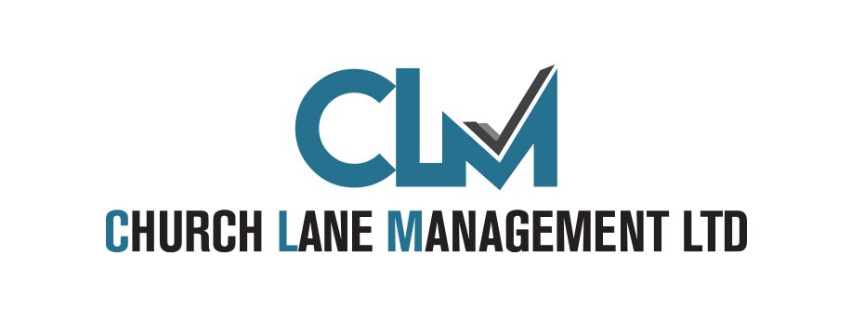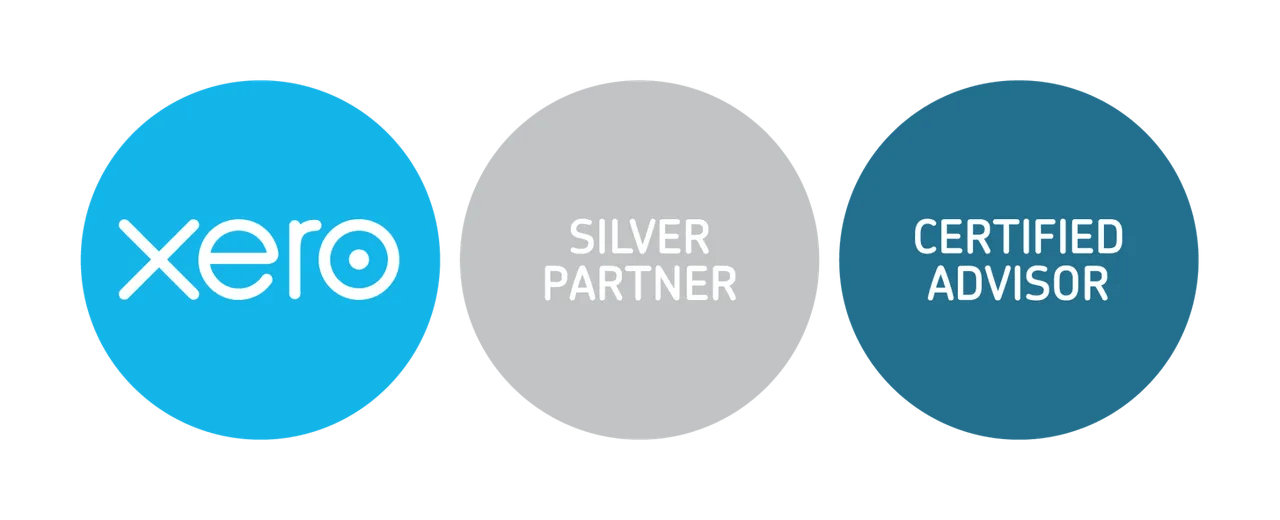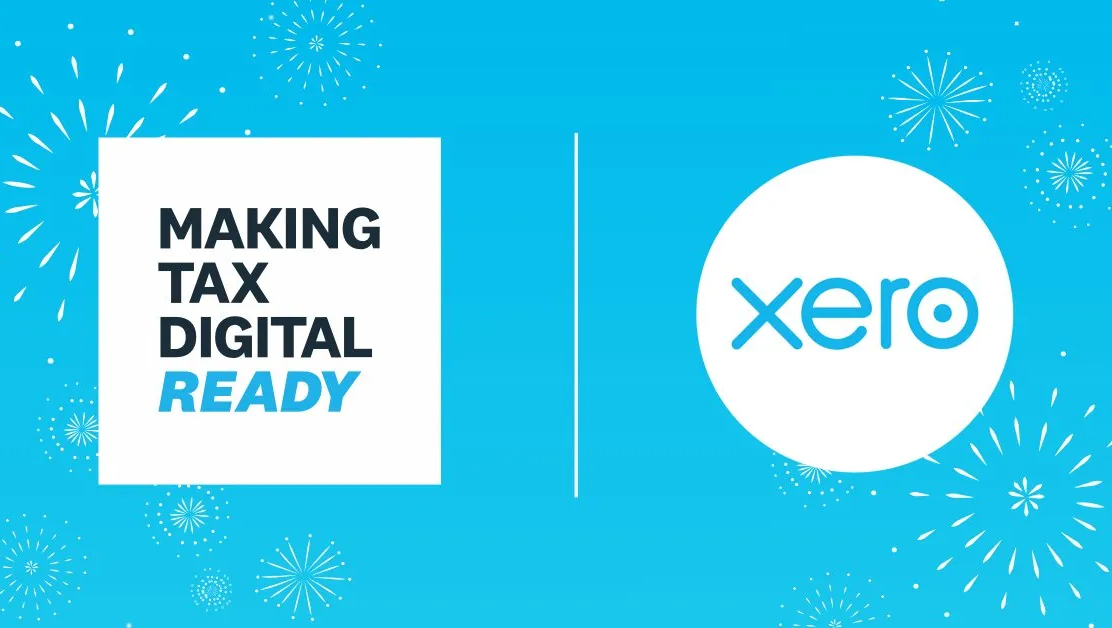Your needs
Once you start a business, HMRC require you to record the business finances and report this in a set format. You will need to have all your bookkeeping procedures in place to do this. With the addition of management accounting information, you will have a handle on all the financial information, allowing you to make the right decisions for your business and its future growth and profitability.
It will have taken time for you to build up the skillset you offer in your business, but you may not necessarily be aware of all the statutory obligations and the most efficient way of recording the financial information of the business. This is why many small business owners appoint a bookkeeper / accountant, who similarly have spent years building up their skillset and becoming qualified, in order to help you.
Your needs and consequently fees charged, will vary depending on how your business is structured i.e. whether you are an individual, sole trader, partnership or limited company. Below, we set out the various services we provide to help your business.
Bookkeeping
Bookkeeping is the recording and organising of a company’s financial transactions. This is probably the most important service provided to your business, as bookkeeping is the building block for ensuring the accounts are accurate. A good bookkeeper will be able to determine the most efficient way of capturing all the financial information (so you can get rid of all paper copies) and processing the information.
Self-assessment
All sole traders who have trading income of more than £1,000 from their business are required to complete a self-assessment form. Self-assessment is how HMRC collects income tax for sole traders as it is not deducted from source in the same way it is for those who are in employment / receive pensions, etc. By compiling accounts, you will have the information in the required format to submit details of your income via your self-assessment and pay Income Tax and National Insurance Contributions on all taxable income above your personal allowances.
HMRC may also require you to complete an annual tax return even if you are not a sole trader. For example, if you own a rental property, have annual PAYE, pension or investment income above £100,000, are a company director, or receive savings interest or dividend income above the allowances set.
Annual Accounts
If you are a limited company, you will have an Accounting Reference Date (your company year-end), which is usually the last day in the month when the company was incorporated.
Your company must file a set of year-end accounts with Companies House, no later than 9 months after this date, and a set of accounts with HMRC no later than 12 months.
Corporation Tax
If you are a limited company, you will have an Accounting Reference Date (your company year-end), which is usually the last day in the month when the company was incorporated.
Your company must file a set of year-end accounts with Companies House, no later than 9 months after this date, and a set of accounts with HMRC no later than 12 months.
Payroll
If you are a limited company, you will have an Accounting Reference Date (your company year-end), which is usually the last day in the month when the company was incorporated.
Your company must file a set of year-end accounts with Companies House, no later than 9 months after this date, and a set of accounts with HMRC no later than 12 months.
VAT
If your company turnover exceeds the £85,000 VAT threshold in a rolling 12-month period, or you expect it to in the next 30 days, you must register for VAT. This will involve reporting to HMRC, usually on a quarterly basis, and paying over the VAT collected on their behalf.
There are various VAT schemes and an accountant is best placed to advise on the most suitable one for your business.
Management Accounts & Cashflow Forecasting
These services are not a statutory requirement, yet they are probably the ones which will make the most difference to the success of the business.
Financial planning, budgeting and analysis and monthly / quarterly reporting against this will determine if your business is as profitable as you had hoped and help identify ways in which you can increase revenues / decrease costs.
Management of outgoing funds vs the incoming funds of the business, known as cashflow is equally important and one of the most stressful situations for most business owners. Without adequate cashflow planning, there are plenty of profitable businesses that fail (in 2021, 9 out of 10 businesses experienced negative cashflow).
We think it is essential to offer ongoing support and regular business reviews, as opposed to just meeting statutory demands imposed by HMRC and then leaving you to get on with it for the rest of the year. We thrive on adding value to your business and our aim is for you to recoup our fees in increased profitability and the freeing up of key personnel to concentrate on other areas of the business.
Charging for our Services
Our fees are dependent on the structure of the business and which services are required and these are charged on a monthly basis, as we find this assists our clients with managing their cashflows.





